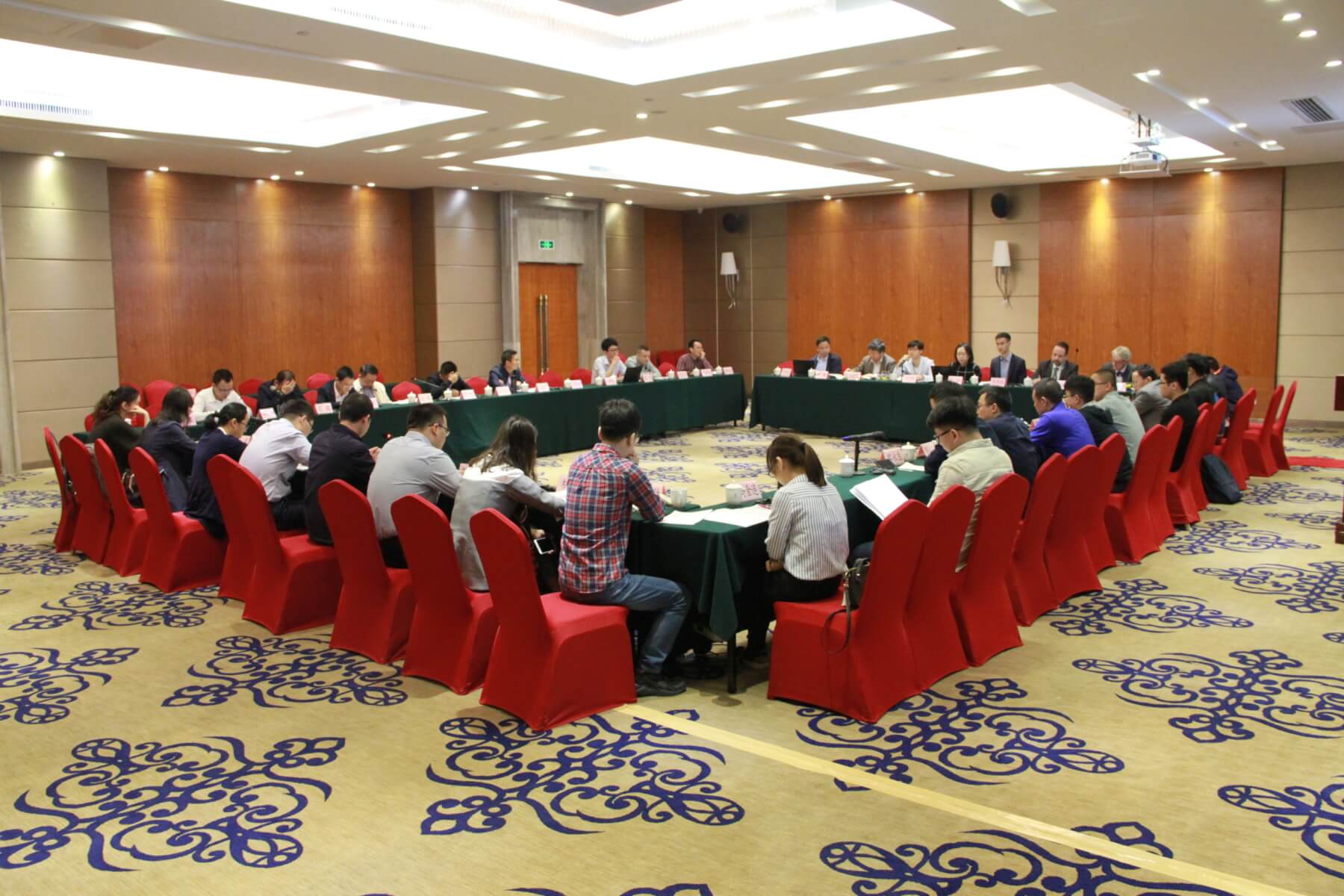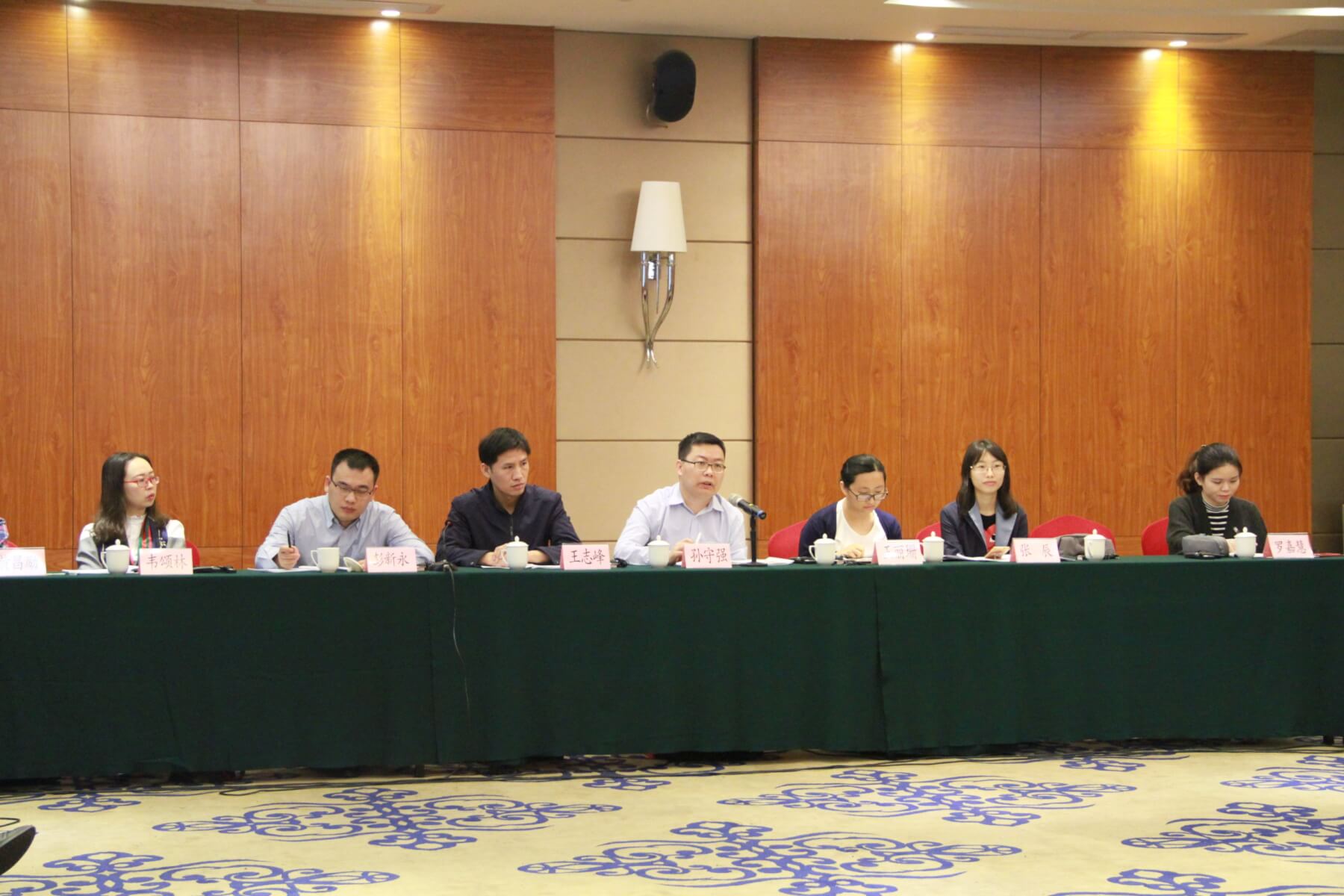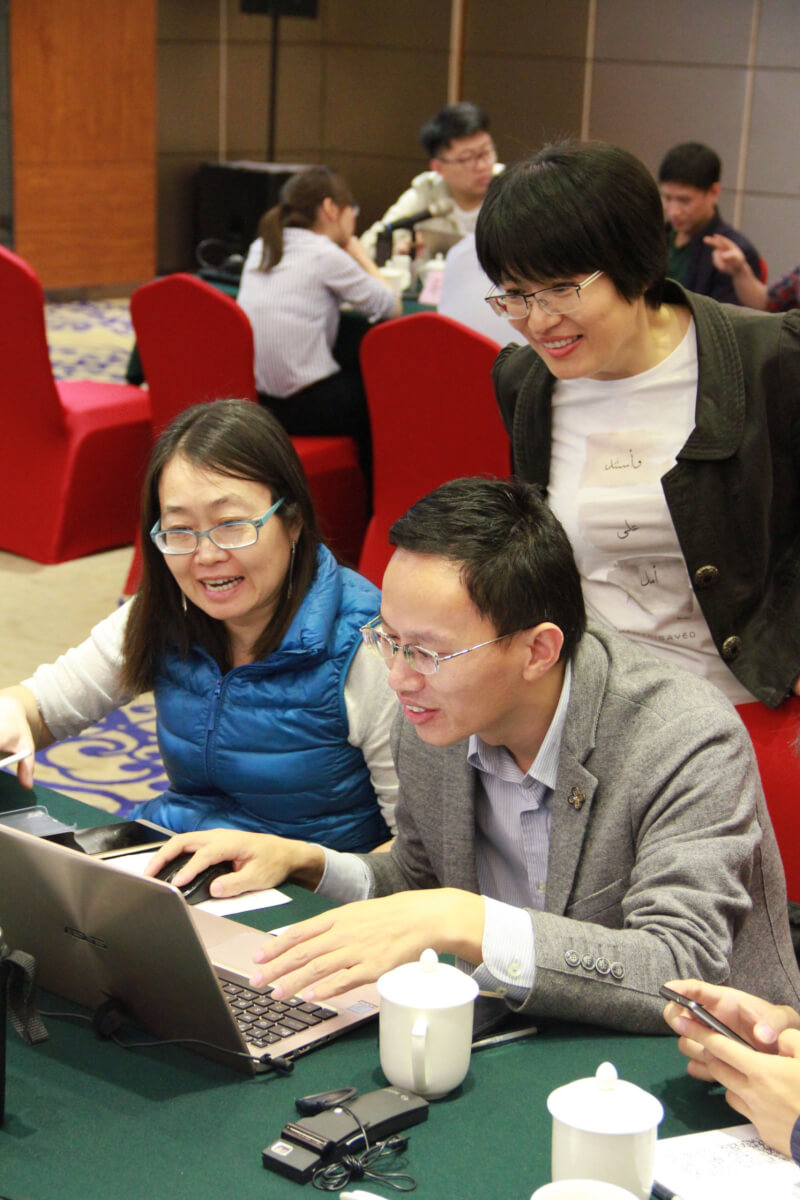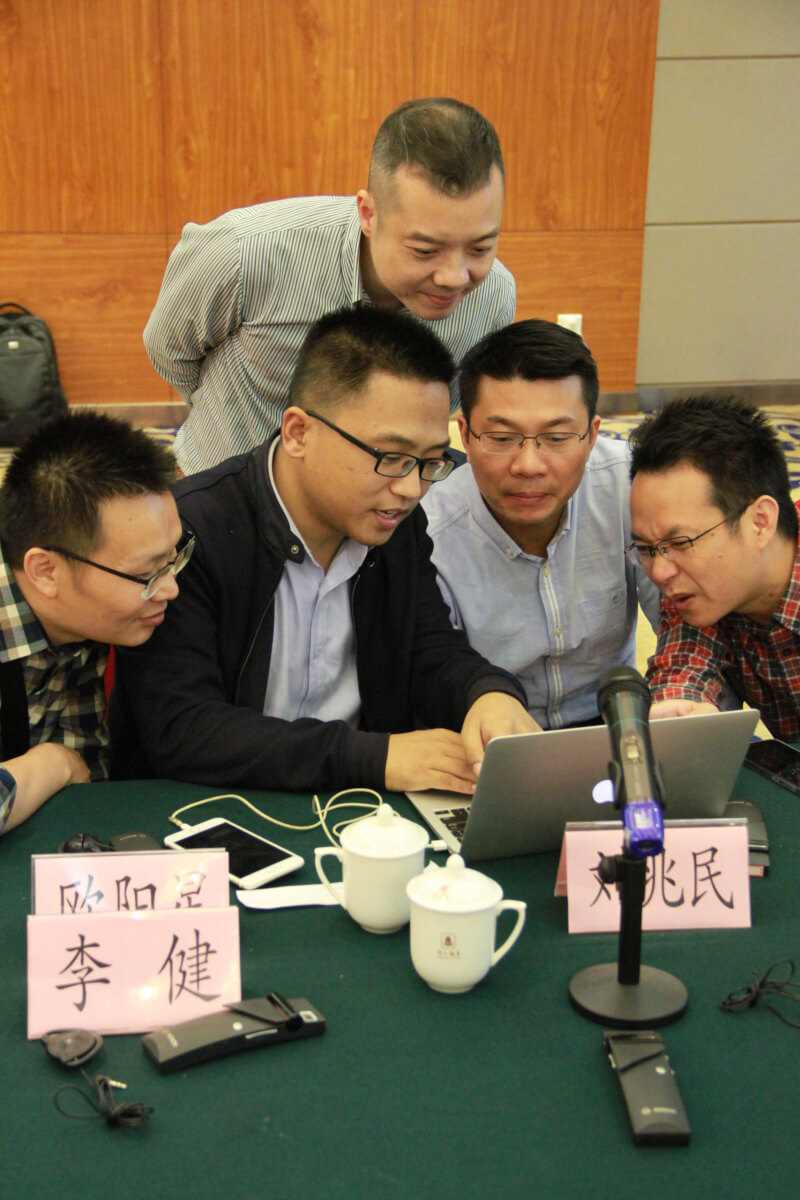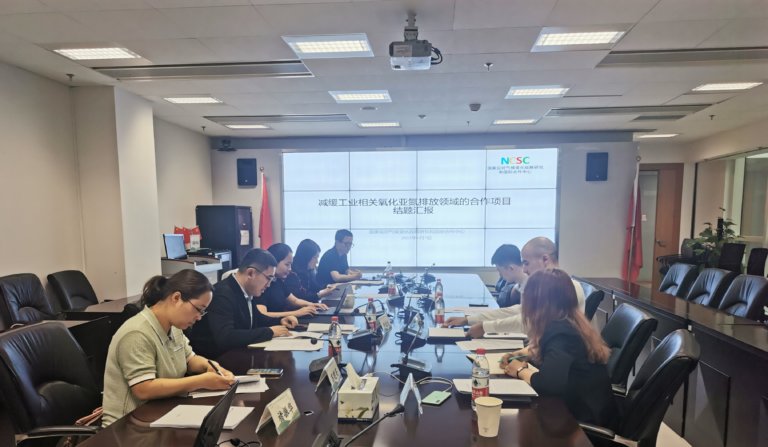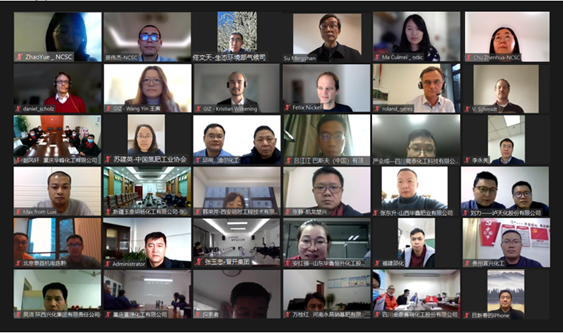April 13, 2018 – GIZ and the Chinese National Center for Climate Change Strategy and International Cooperation (NCSC) conducted the first advanced training session on the national ETS from the 12th to the 13th of April in Fuzhou. Around 40 participants from provincial Development and Reform Commissions (DRC) as well as from their supporting organizations, exchanges and other ETS stakeholders closely followed a number of presentations by German and Chinese experts. These presentations covered important lessons that have been learned from the EU ETS as well as recent developments regarding the ETS policy in China. During the second day, the focus was shifted towards a more interactive approach and the participants shared their own experiences and the challenges they are facing in their provinces before the day ended with a practical simulation of carbon trading and allocation.
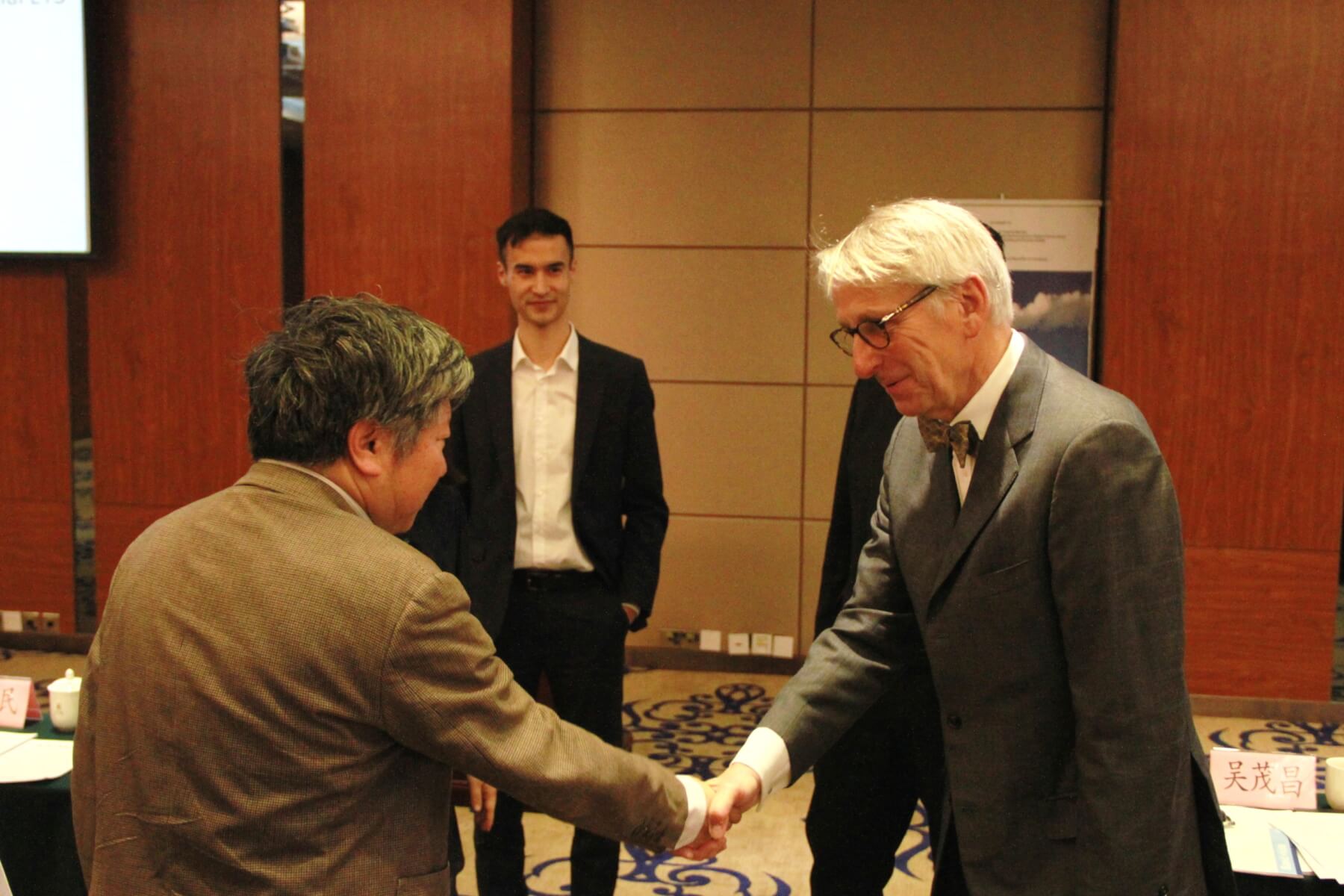
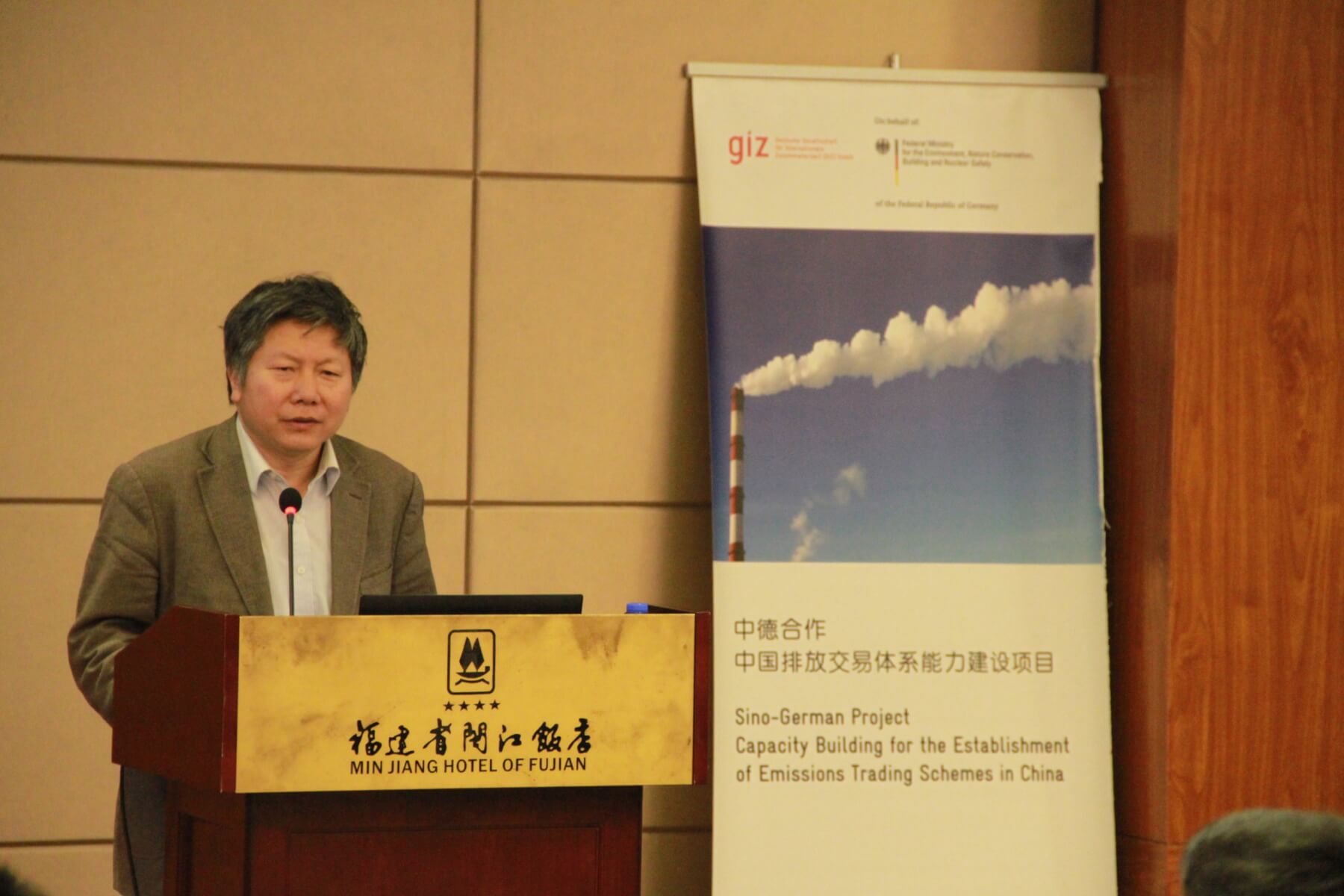
The training began with introductory remarks made by Mr. MA Aimin, the Deputy Director of the NCSC, Mr. LIN Xiangdong, the Deputy Director of the Fuijan DRC, and Mr. Kristian Wilkening, the Project Director of GIZ. After those remarks, Alexander Handke, Senior Policy Officer from the German Federal Ministry for the Environment, Nature Conservation and Nuclear Safety gave an introduction into the particularities of the ETS in the European Union as well as into the regulations and organizations in Germany. His speech was followed by a presentation made by Dr. van Meyerinck, who provided useful insights from an industrial perspective and was able to address concerns that an ETS might hurt industrial competitiveness by talking about how companies can deal with the introduction of an ETS. In the following, estimated Chinese Experts, Mr. Ma Aimin from NCSC, Dr. Zhou Sheng from Tsinghua University and Dr. Wang Feng from CQC, presented specifics of the National ETS as well as recent developments regarding the ETS policy in China. Especially certificate allocation and MRV were important topics of interest in these presentations.
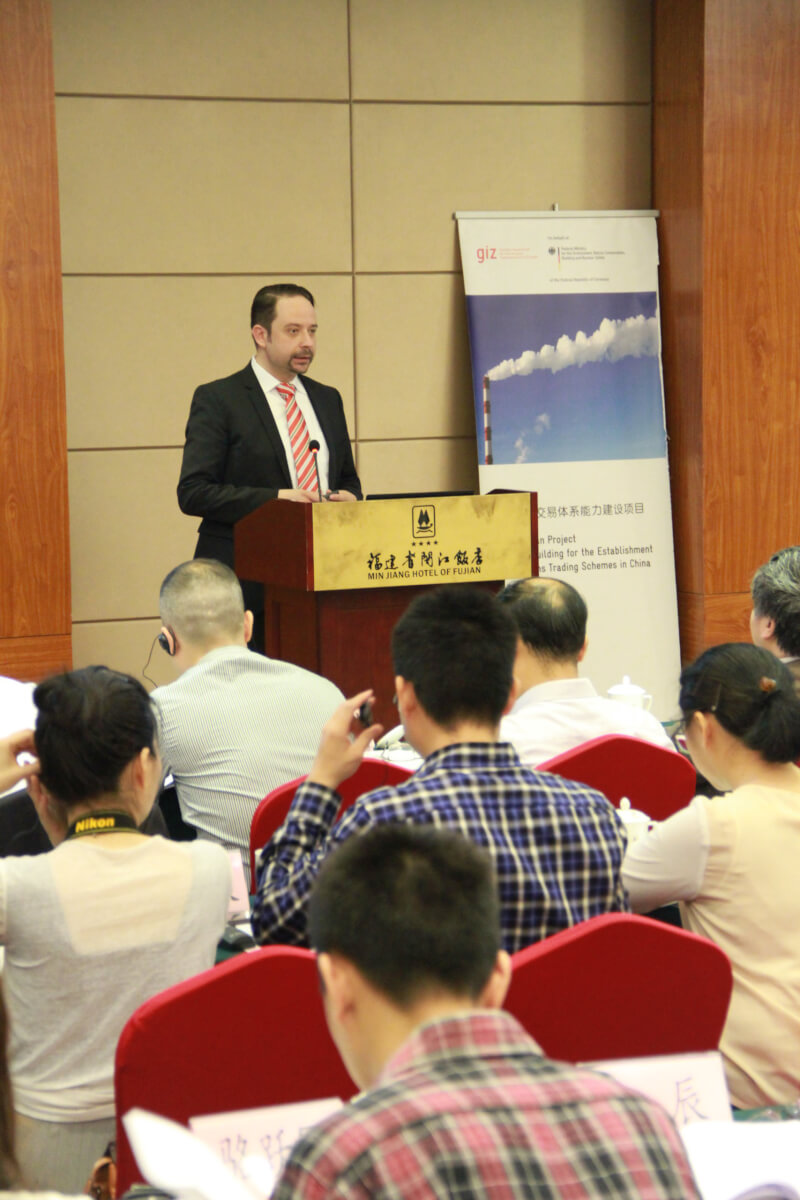
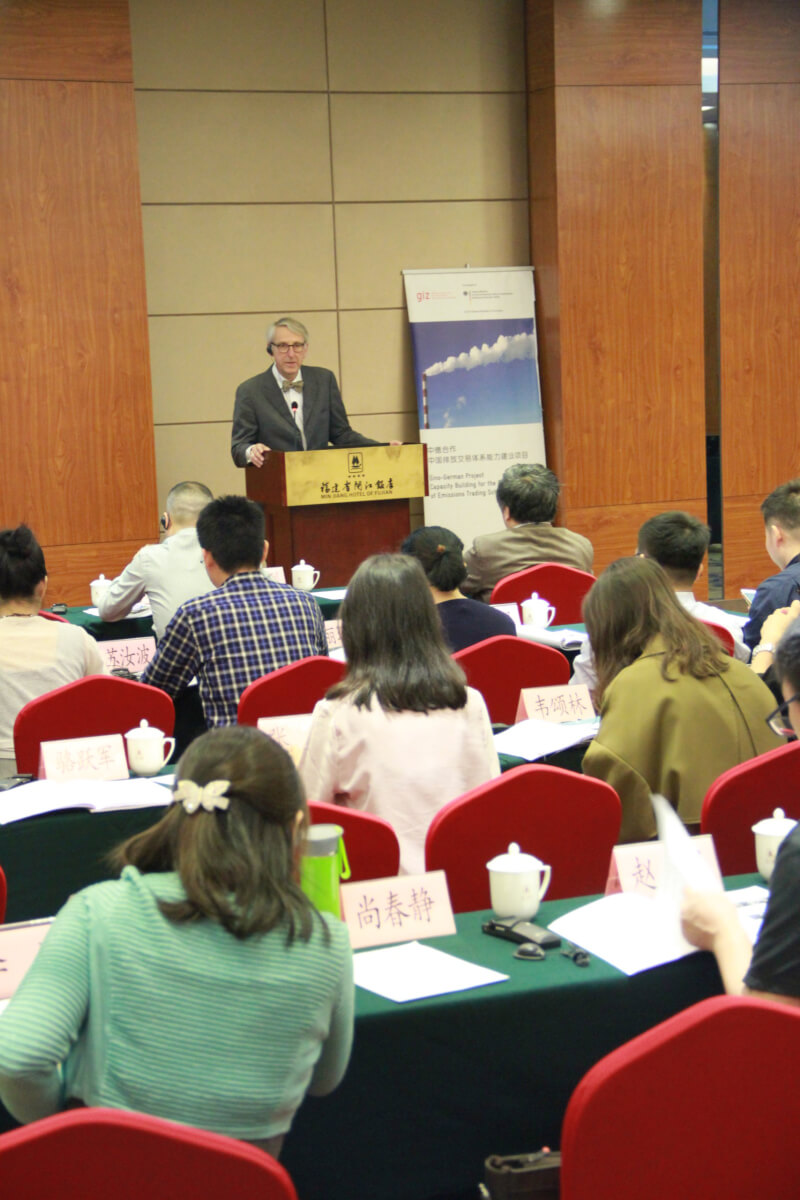
The second day started with a round-table discussion which gave every participating province the opportunity to share their progress as well as to discuss problems they encountered with the experts present. This discussion was followed by a simulation of allocation and certificate trading in order to allow the participants to experience how emissions trading works in practice and how companies can deal with the establishment of an Emissions Trading Scheme. The simulation was carried out by Fujian Haixia Equity Exchange, which also allowed the participants to work with a real carbon certificates trading platform.
Overall, the training was a big success and the organizers as well as the participating experts are looking forward to the second session in Guiyang.
